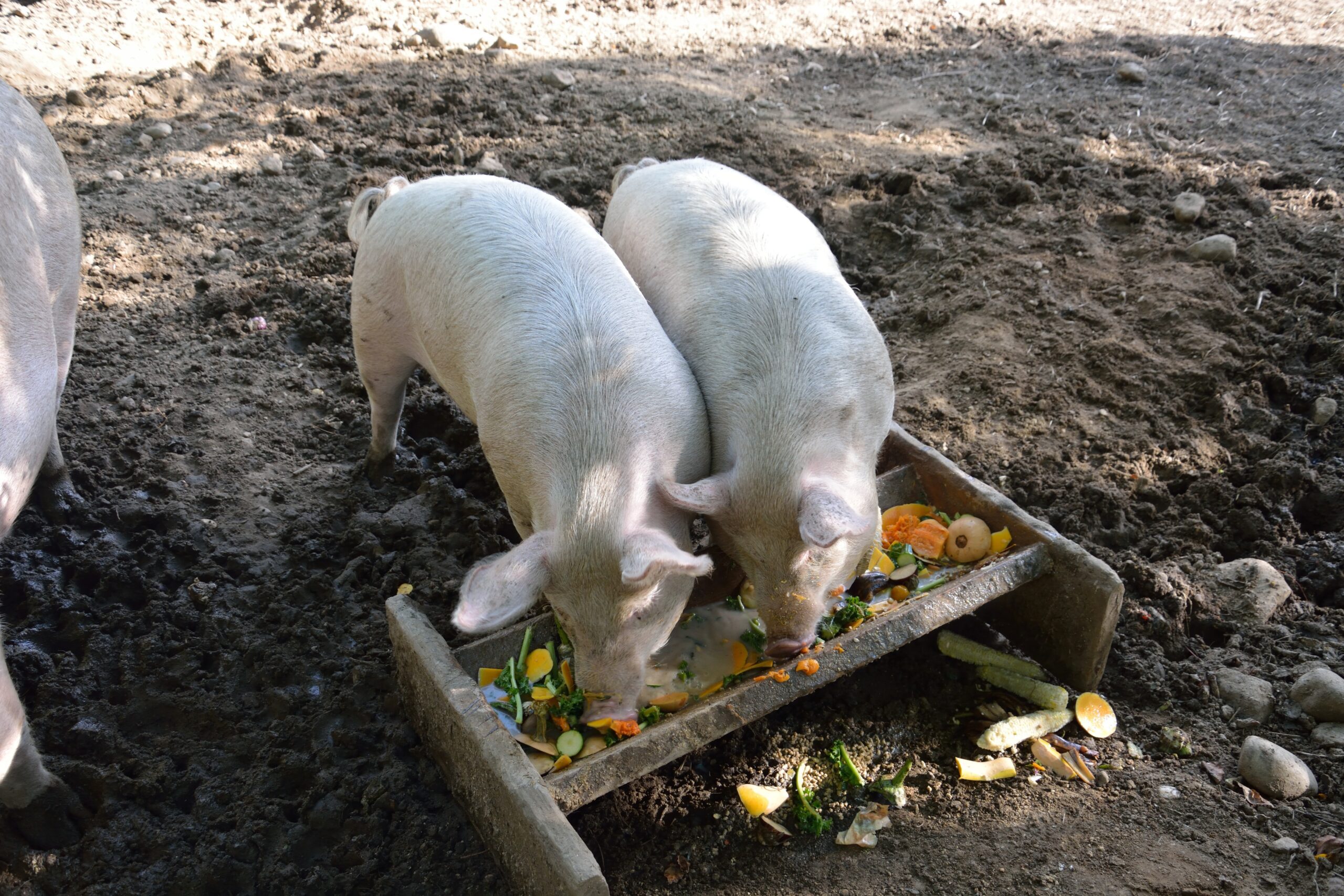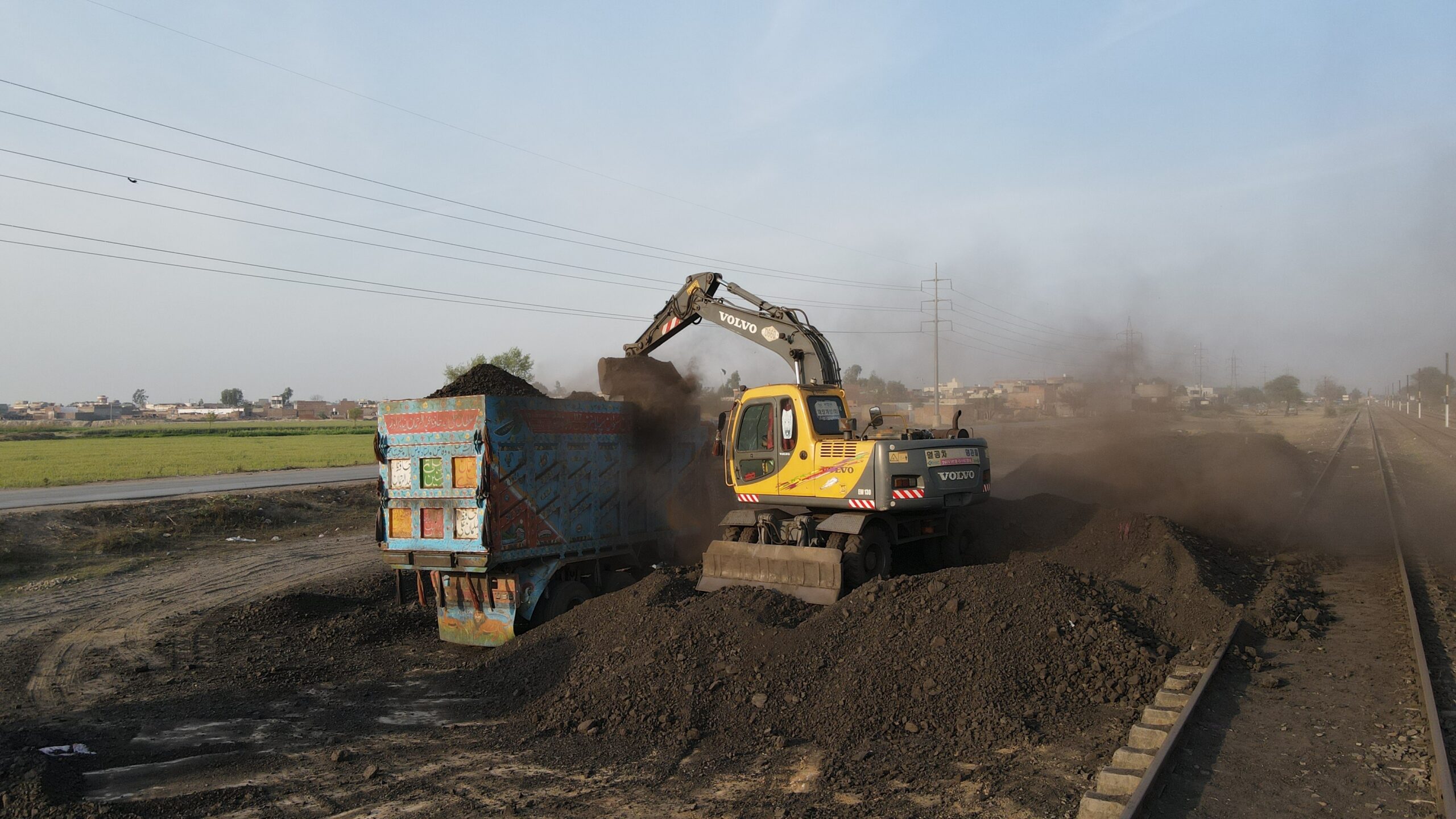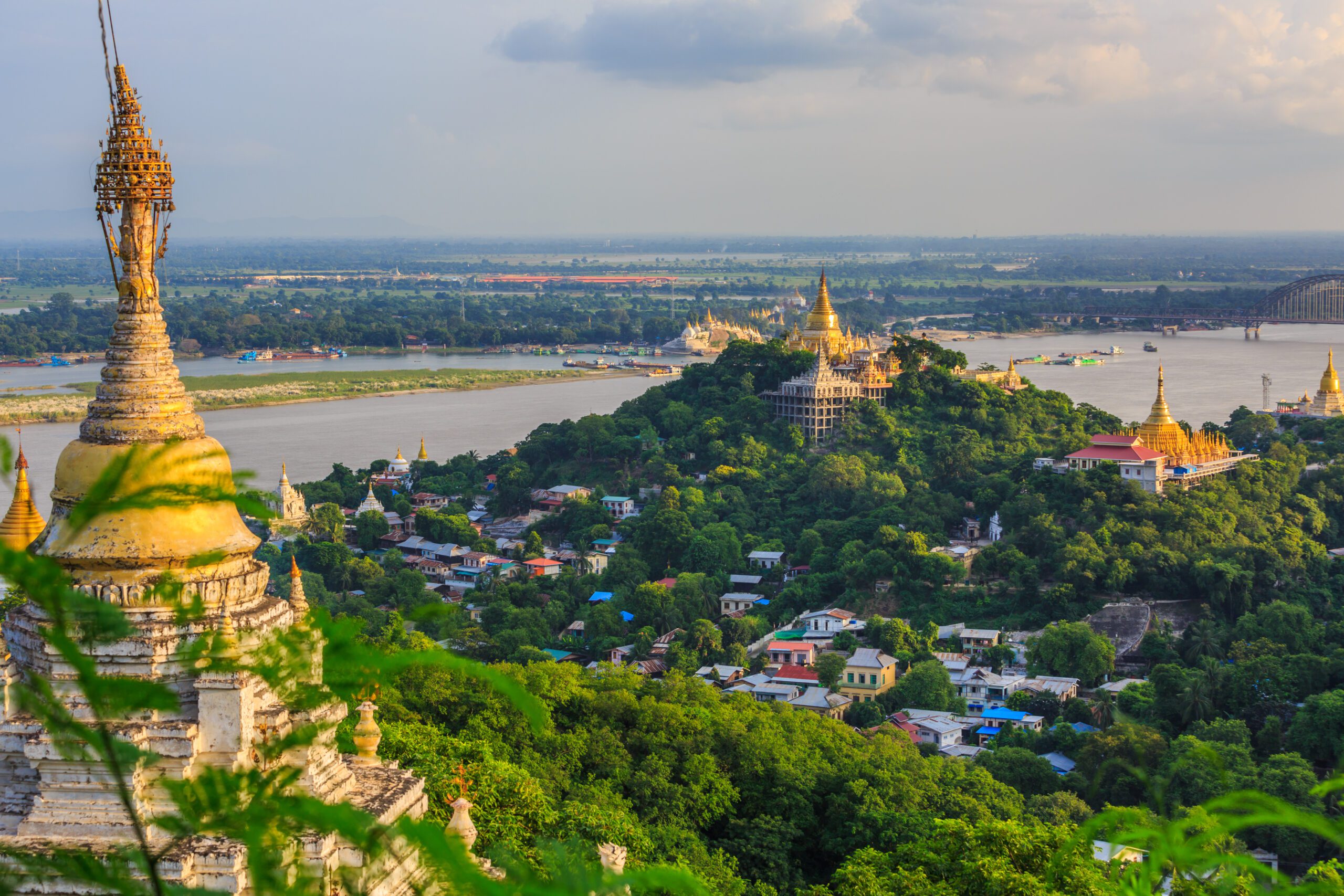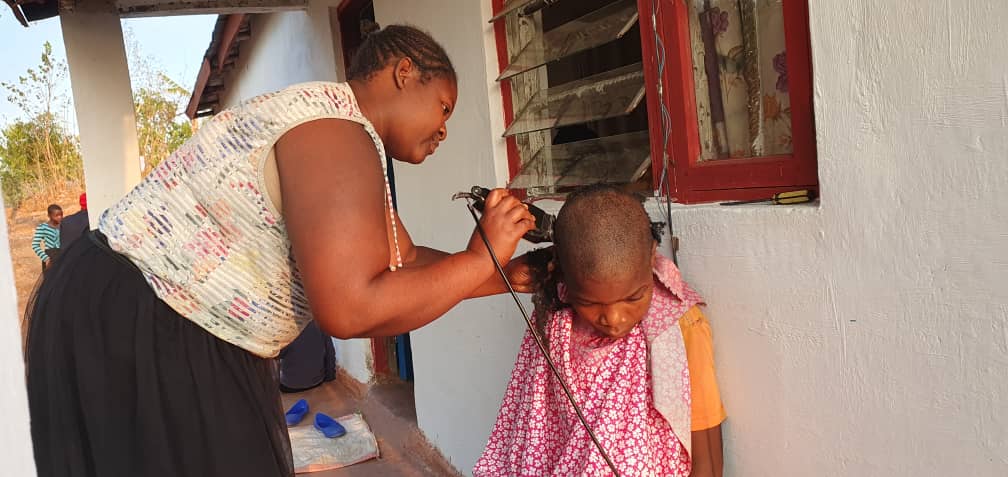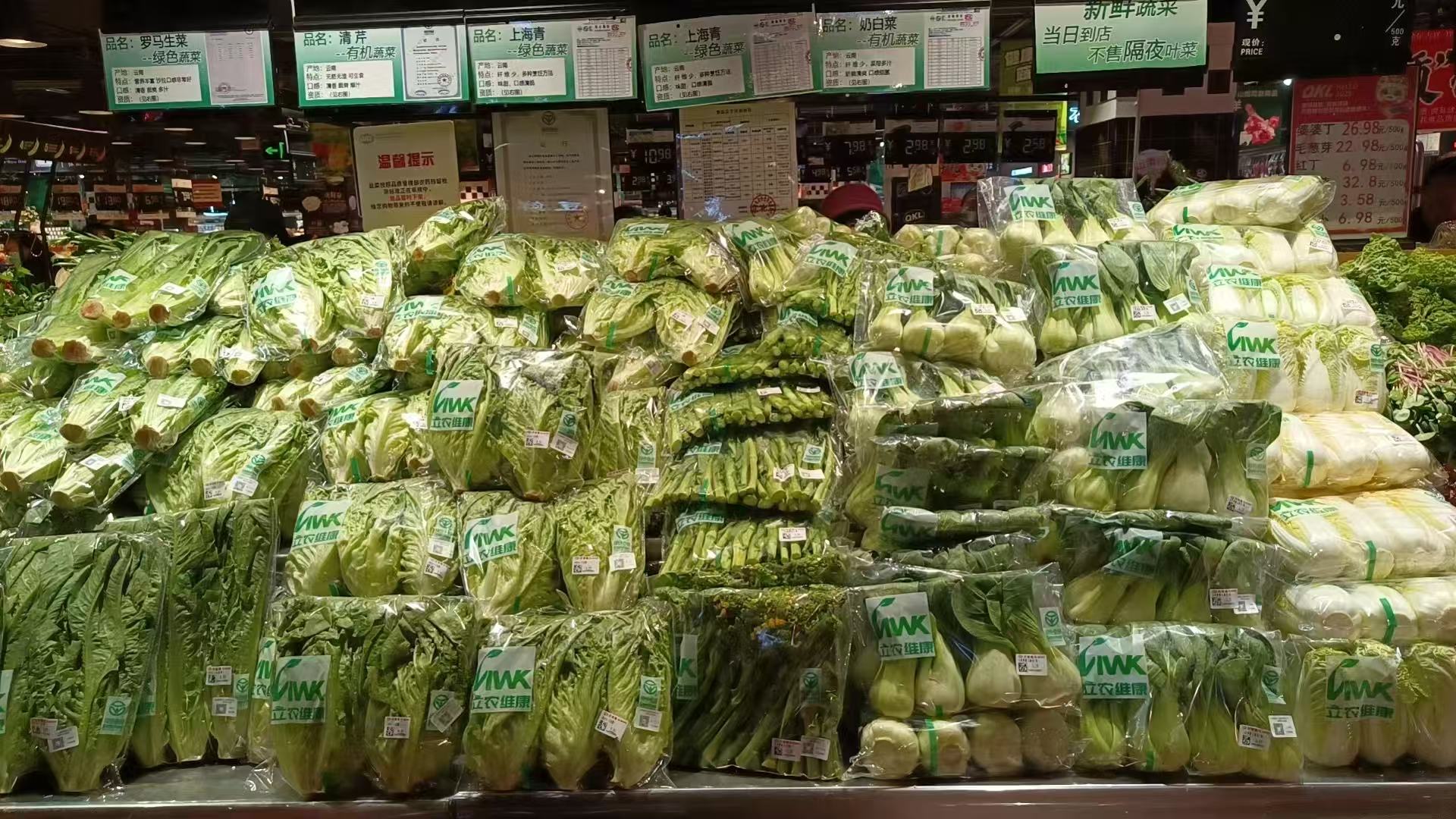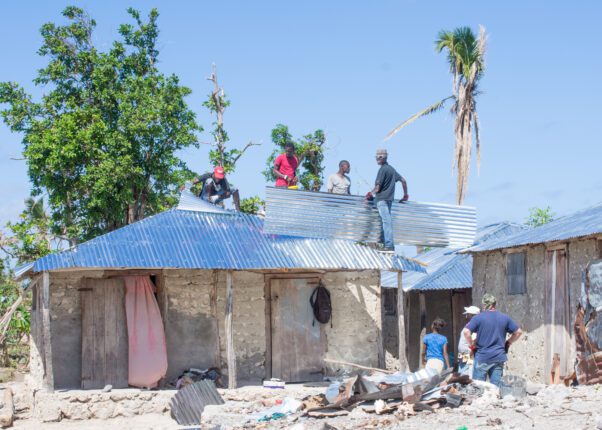-
Tapping an Innovative Climate Solution: Upscaling Food Waste to Animal Feed in Japan and China
›The numbers are staggering. A third of the food produced in the world is lost or wasted—from farms and food processing factories to grocery stores, restaurants, and homes. This growing mountain of rotting food is a major methane emitter, accounting for 8 to 10 percent of global greenhouse gas emissions. If food waste were a country, it would be the third largest greenhouse gas emitter, with the United States and China as leading food wasters.
-
Taking the Slow Lane to Green Transition in the China-Pakistan Economic Corridor
›China and the Global Energy Transition // China Environment Forum // Guest Contributor // July 24, 2025 // By Hong ZhangPakistan’s summer sun is relentless, but its golden rays may hold a promising clean energy solution.
During my visit to that country last summer, an energy sector expert I met expressed amazement that Pakistan had imported 13 gigawatts of solar modules from China in the first six months of 2024. Media reports celebrated how even remote villages were adopting rooftop solar systems. International observers lauded Pakistan’s “stunning solar boom.”
-
Damming the River by Feeling the Stones: China’s Mekong Hydropower Strategy
›For decades, China has been the dominant force in hydropower development across the Mekong subregion, financing, and constructing massive dam projects that have transformed Southeast Asia’s economic and environmental landscape. Many analysts have framed this expansion as a meticulously orchestrated strategy to extend Beijing’s economic and geopolitical influence. But this narrative obscures a more complex reality—one in which China’s dam-building in the Mekong has been shaped by trial and error, reactive policy shifts driven by external shocks, local resistance, and intensifying geopolitical competition.
-
China’s Off-grid Solar Home Systems Light Up Lives in Sub-Saharan Africa
›China and the Global Energy Transition // China Environment Forum // Guest Contributor // July 10, 2025 // By Charles MpakaIn a rural, hard-to-reach area of Blantyre district in southern Malawi, Ephraim Louis cannot imagine where his life would be without the solar panel on the roof of his house. “I am not a captive of darkness anymore,” says Louis, 42. “It’s been more than 10 years since I installed this [solar panel] system. We still don’t have the main grid anywhere near us and no one here thinks it will ever come.”
-
Unwrapping the Cucumber: Q&A with Friends of Nature’s Jinghua Sun on the Hidden Crisis of Produce Plastic Packaging
›A few days ago, I bought a cucumber at the grocery store. Hermetically sealed in a layer of plastic as if bracing itself for interstellar travel rather than a trip to my kitchen, I struggled to open it, my patience thinning with the plastic. At one point I considered using my teeth. That’s when it hit me: was this really necessary?
-
Plotting the Future of U.S. Foreign Aid
›
When Secretary of State Marco Rubio formally declared the “era” of USAID over on March 28, 2025, it represented an extraordinary sea change for US foreign aid deployed over the past six decades.
Yet the world has changed dramatically since the U.S. Agency for International Development (USAID) was established by the Foreign Assistance Act of 1961 in the middle of the Cold War. So, there is every reason to thoughtfully consider what foreign aid should look like today as we navigate an era of Great Power Competition (GPC).
-
Debunking the Patient Capital Myth: The Reality of China’s Resource-Backed Lending Practices
›Last year, African Development Bank president Akinwumi Adesina called for the end of resource-backed loans (RBLs) for African countries, calling them “asymmetrical” and “non-transparent.” These loans—where governments pledge future resource revenues in exchange for infrastructure agreements—have been widely used across African countries with Chinese lenders playing a dominant role.
-
In the Wake of a Tropical Cyclone: Turning to Violence or Building Peace?
›
“It seems like the news is always bad, right?” observed retired climate and atmospheric scientist James Kossin in a BBC interview last autumn.
Kossin was describing how climate change is weakening the wind shear patterns that have helped lessen the impacts of tropical cyclones in the United States. And, indeed, there is mounting evidence for his observation.
Showing posts from category Guest Contributor.


